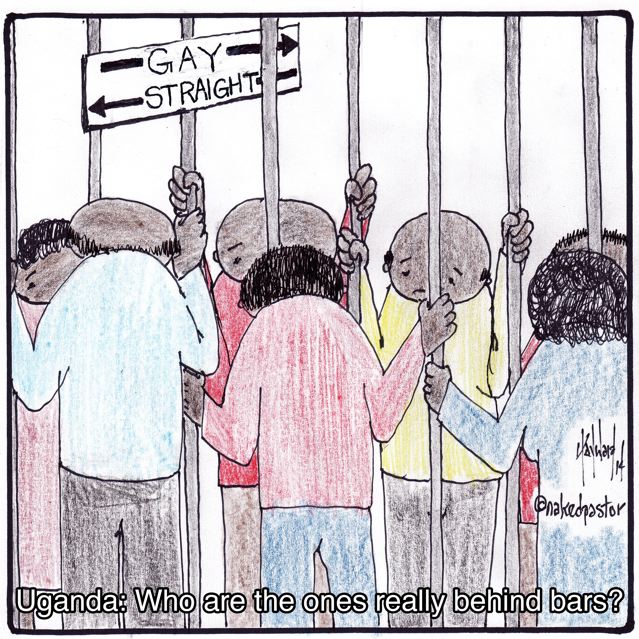In his excellent essay, “This Is a Religious War“, Andrew Sullivan argues that it must be acknowledged that religion is responsible in some way for the events of 9/11, and that we must try to figure out how and why. He continues:
The first mistake is surely to condescend to fundamentalism. We may disagree with it, but it has attracted millions of adherents for centuries, and for a good reason. It elevates and comforts. It provides a sense of meaning and direction to those lost in a disorienting world. The blind recourse to texts embraced as literal truth, the injunction to follow the commandments of God before anything else, the subjugation of reason and judgment and even conscience to the dictates of dogma: these can be exhilarating and transformative. They have led human beings to perform extraordinary acts of both good and evil. And they have an internal logic to them. If you believe that there is an eternal afterlife and that endless indescribable torture awaits those who disobey God’s law, then it requires no huge stretch of imagination to make sure that you not only conform to each diktat but that you also encourage and, if necessary, coerce others to do the same. The logic behind this is impeccable.
You see, this is what I was addressing in yesterday’s post. Even though Sullivan is not a fundamentalist, he is able to articulate in a fair manner the fundamentalist’s position. He doesn’t agree with the fundamentalist. But he understands that from within the logic of fundamentalism, the fundamentalist’s ideas, attitudes and actions make complete sense.











